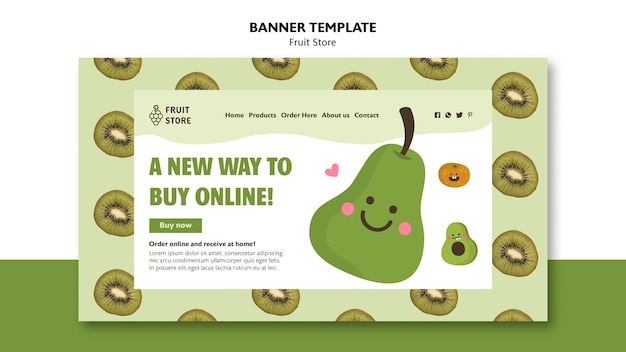Amazing Avocado Facts

Avocado is actually a fruit, not a vegetable.
Avocado is considered a superfood due to its numerous health benefits.
The word avocado comes from the Aztec word ahuacatl, which means testicle.
The Hass variety of avocado is the most popular and widely consumed.
Avocado trees can live up to 400 years.
Avocado trees do not self-pollinate, requiring bees and other insects for pollination.
There are over 500 varieties of avocado, but only a few are commercially available.
Avocado is an excellent source of healthy fats, fiber, and vitamins.
Avocado consumption has been linked to improved heart health and lower cholesterol levels.
Avocado is a great substitute for butter or mayonnaise in recipes.
Avocado oil is often used in skincare products due to its nourishing properties.
The United States consumes more avocados than any other country in the world.
Avocado pits are commonly used to grow avocado seedlings.
Avocado trees can only thrive in tropical and subtropical climates.
Avocado is technically a berry, as it meets the botanical definition of a fruit.
Avocado ripens faster when stored alongside bananas.
The green color of avocados comes from chlorophyll, which decreases as it ripens.
Avocado contains more potassium than bananas.
Avocado contains high levels of antioxidants, which can help protect against certain diseases.
Avocado has a unique creamy texture that makes it perfect for smoothies and desserts.
Amazing Avocado Facts part 2
Avocado consumption has been associated with a lower risk of metabolic syndrome.
Avocado peel and leaves are toxic to most animals, but harmless to humans.
Avocado can help improve digestion due to its high fiber content.
Avocado is a versatile ingredient that can be used in salads, sandwiches, and even ice cream.
Avocado toast has gained popularity in recent years as a trendy and tasty breakfast option.
Avocado trees produce more fruit when they are well-pollinated.
Avocado trees were first grown in Central and South America over 7,000 years ago.
California produces the majority of avocados in the United States.
Avocado consumption has been linked to reduced inflammation in the body.
Avocado is often used as a vegan substitute for dairy in recipes.
Avocado can be used as a natural hair conditioner due to its high fat content.
The avocado seed is edible but is usually bitter in taste.
Avocado consumption has been associated with a lower risk of certain types of cancer.
Avocado can be used as a natural moisturizer for dry skin.
Avocado contains more fiber than most fruits and vegetables.
Avocado contains lutein and zeaxanthin, which are important for eye health.
Avocado can be used to make a creamy and dairy-free salad dressing.
Avocado trees were first introduced to Europe by Spanish explorers in the 16th century.
Avocado can help boost nutrient absorption from other foods.
Avocado is a low-carb and keto-friendly food option.
Avocado can be used as a natural face mask to nourish and moisturize the skin.
Avocado consumption has been linked to improved brain health and cognitive function.
Avocado can be added to smoothies to enhance the creaminess and nutritional value.
Avocado consumption has been associated with a lower risk of stroke and heart attack.
Avocado is a delicious and nutritious addition to any meal or snack.

